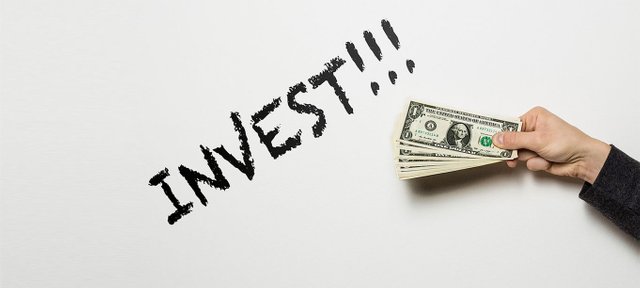Vulture Investing: What You Need To Know Before Bidding For Tax Liens

There was this story of a man, who borrowed $500.00 from a friend and promised to pay $505,00 after 1 month. Then he lent the same $500.00 to another “friend” who promised him to pay $520.00 after 1 month. So, this vulture or loan shark, if you may, earned so much without breaking a sweat.
For the nth time, Tax Lien Seminars, is sharing some useful tips and vital information on tax lien should you decide to jump on the bandwagon of tax lien investing. We know that we still have to cover a lot of ground as we are not even half through in discussing the intricacy of this investment portfolio. But, have in mind that investing in Tax Liens can never equate to easy money since there are so many risks involve. In fact, there is this story of a businessman, who decided to invest in tax liens after suffering considerable losses in the 2008 crashing of the stock market. His enthusiasm was aroused in tax lien investment, after hearing a double-digit ROI from an associate that he shelled out a hefty sum to attend courses, seminars and coaching from reputable gurus or experts in this field. However, he was virtually shocked with his first tax lien auction when bidders offered much more than the face value of unpaid tax bill underlying the lien, while he remained firm not to alter his bid. So he left empty handed and the 6% to 8% he had expected to earn within a year did not happen.
In other words, you should really know the mechanics of the game. Those bidders saw something that he failed to see. Of course, expecting 6%-8% earnings are much higher than a three-year bank certificate of deposits paying 1.3% or a ten year Treasury bill yielding only 1.65. So Tax Liens are a little bit safer than stock market, which yield lesser return.
The fact remains that about $426 billion in state and local tax on real estate is expected in the government coffers each year. The government attaches a tax lien when an owner does not pay the property taxes. Twenty-eight states, Washington, D.C., Puerto Rico and the U.S. Virgin Islands allow those liens to be sold to private investors, and about $6 billion in liens come up for sale each year. The local government gets its money right away, and the buyer is given the right to collect the delinquent tax, plus penalty and interest on the late payment that can run as high as 12% to 36% a year, depending on the state. These enticing rates were deceiving as the reality is 99% of tax liens are redeemed by property owners. Some investors were led to believe that the property would be foreclosed, other were duped that their return would be as high as 36%, which is, by and large, giving the investors some false hope.
Another ugly picture is the usually stiff competition for liens, not only from individual investors, but from lien investment funds and big money managers which offers them as an alternative investment. So while some state laws allow delinquent homeowners to be charged a usurious-sounding rate, bidding brings down the actual rate charged. The Department of Justice has an ongoing investigation into past bid-rigging at New Jersey tax lien auctions; so far eight individuals and two corporations have pleaded guilty.
FACTORS TO CONSIDER IN BUYING TAX LIENS:
In Florida, rates have been bid down to an average of 2.4% for liens on single-family homes. But buyers also get to collect a 5% penalty on the amount owed. In New Jersey, where individual municipalities sell liens at 500 in-person outcry auctions a year and interest rates can legally be as high as 18%. The buyer not only gets the right to collect a 2% to 6% penalty but also on any subsequent tax liens on the same property at the full 18% interest rate. So in New Jersey, where taxes are owed quarterly, bidders sacrifice returns on a first lien on the bet that the property owner will pay late in subsequent quarters, too.
Wealthy investors are advised to invest initially only one-third of their capital as you have to buy subsequent liens to protect your investment. Remember that new liens hold priority over old ones. So lien investing requires a sizable amount of cash that you can set aside for awhile.
Bidding on places close to you place is always better. Typically the tax bill is less than 3% of a property’s value. The lower this percent the more secure your investment. So knowing a property’s market value is necessary before you bid. You can do Internet research but Google images are not always updated. So, there’s no substitute for driving by to inspect properties for investors
There are times when you are faced with hard choices. Since only 1% of tax liens end up in foreclosure it seems that it’s contrary to what you are expecting. And if foreclosure proceeding starts to take possession of the property you also need a considerable cash for attorney’s fee and paper works. The next best thing is to try to sell the lien on the secondary market to another investor.. If you don’t foreclose or sell, the lien will eventually expire, which in most cases, between five and seven years and after that will just become worthless.
Lastly, if you don’t have the time but you want a piece of the action, you can do it with a private fund. You must, at least, have a net worth of $1m, not including your home, or an annual income of at least $200,000. And remember, tax lien investment are not liquid, which means if you may be needing your money in a couple of year that could not be possible.